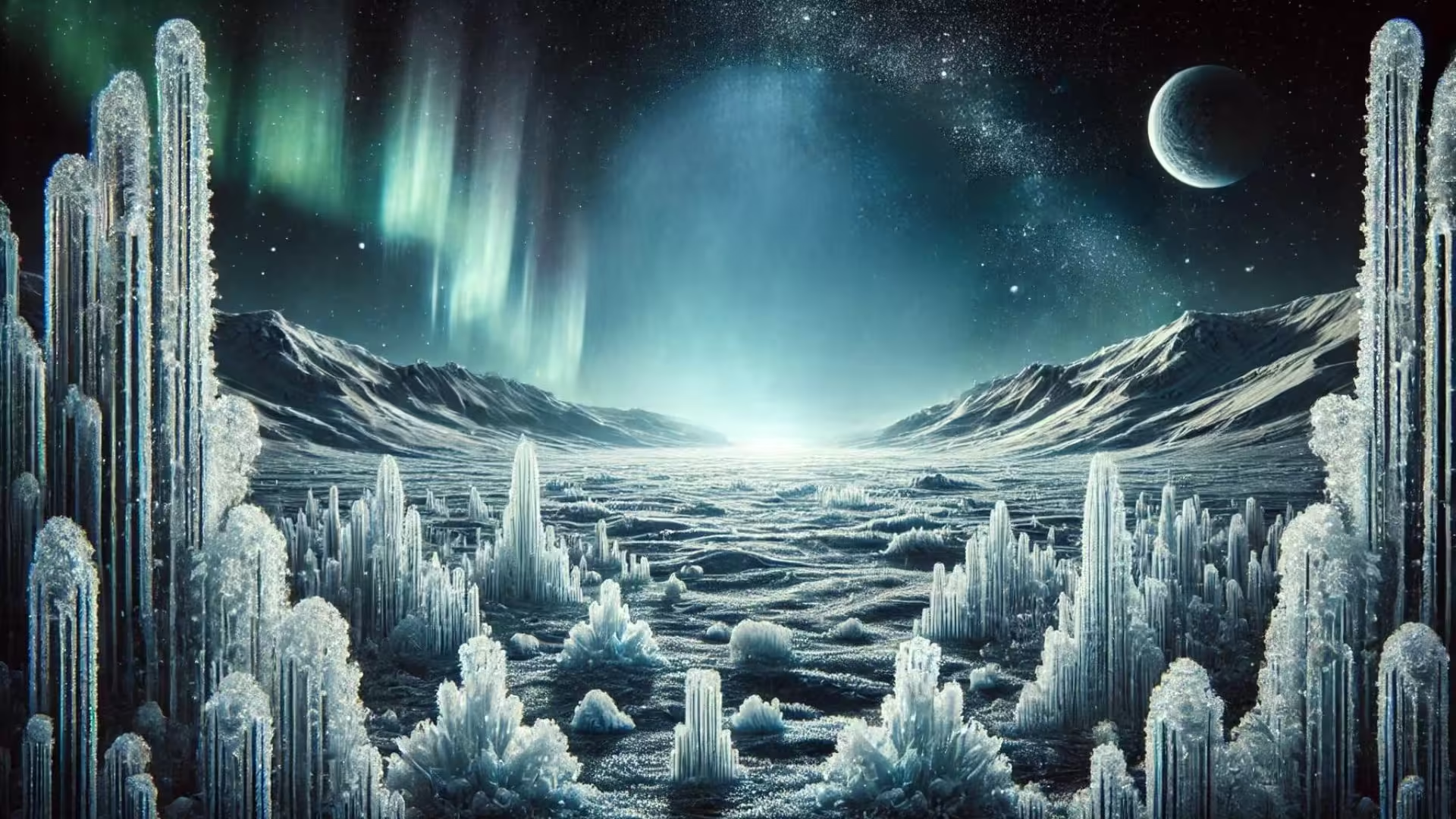Temperature is a fundamental concept in physics that influences everything from the behavior of atoms to the functioning of the universe. Among the intriguing aspects of temperature is the concept of absolute zero. This article explores absolute zero, the coldest possible temperature at -273.15°C, and delves into its significance in physics, the challenges of reaching it, and the fascinating phenomena that occur at this extreme temperature.
What is Absolute Zero?
Absolute zero is the theoretical temperature at which a system’s entropy reaches its minimum value, corresponding to the complete absence of thermal energy. It is precisely defined as -273.15°C, or 0 Kelvin (K) on the Kelvin scale, which is the absolute thermodynamic temperature scale. At this temperature, the motion of particles constituting matter comes to a near standstill, as they contain the minimum possible amount of kinetic energy.
The Significance of Absolute Zero in Physics
Absolute zero holds a critical place in the field of physics for several reasons:
- Thermodynamics: Absolute zero represents the lower limit of the thermodynamic temperature scale. It is a fundamental reference point for the laws of thermodynamics, particularly the third law, which states that as temperature approaches absolute zero, the entropy of a perfect crystal approaches a constant minimum.
- Quantum Mechanics: At temperatures approaching absolute zero, quantum mechanical effects become prominent. Particles exhibit wave-like properties and phenomena such as Bose-Einstein condensation and superconductivity arise, where matter behaves in unusual and counterintuitive ways.
- Scientific Research: Studying systems at temperatures near absolute zero allows scientists to explore new states of matter and understand the underlying principles of the universe. It provides insights into particle interactions, material properties, and fundamental forces.
Challenges of Reaching Absolute Zero
Achieving absolute zero is a formidable challenge. According to the third law of thermodynamics, it is impossible to reach absolute zero through finite physical processes. However, scientists have developed techniques to cool systems to temperatures exceedingly close to absolute zero, such as:
- Laser Cooling: Using lasers to slow down and cool atoms by reducing their kinetic energy.
- Magnetic Evaporation: Removing the highest energy particles from a system to lower the overall temperature.
- Dilution Refrigeration: A technique involving the mixing of helium-3 and helium-4 isotopes to achieve extremely low temperatures.
Fascinating Phenomena at Absolute Zero
As temperatures approach absolute zero, several extraordinary phenomena occur:
- Bose-Einstein Condensate (BEC): Predicted by Albert Einstein and Satyendra Nath Bose, a BEC is a state of matter formed by bosons cooled to temperatures very close to absolute zero. In this state, particles occupy the same quantum state, behaving as a single quantum entity with unique properties.
- Superconductivity: Certain materials exhibit zero electrical resistance when cooled below a critical temperature near absolute zero, allowing for the unimpeded flow of electric current. This phenomenon has profound implications for energy transmission and magnetic levitation.
- Superfluidity: Helium-4, when cooled to temperatures near absolute zero, becomes a superfluid, exhibiting zero viscosity and the ability to flow without friction. Superfluid helium can climb walls and flow through tiny pores without losing energy.
Absolute zero, the coldest possible temperature at -273.15°C, is a cornerstone concept in physics that pushes the boundaries of our understanding of the universe. While reaching absolute zero is theoretically impossible, approaching it has enabled scientists to discover new states of matter and groundbreaking phenomena. The quest to explore the frontiers of temperature continues to reveal the fascinating and often surprising behaviors of nature at its most fundamental level.
Understanding absolute zero not only deepens our comprehension of temperature and thermodynamics but also opens up a world of possibilities in scientific research and technological advancements. As we continue to explore the extremes of cold, we uncover the remarkable and intricate nature of the universe, enriching our knowledge and expanding the horizons of what is possible.











0 Comments